Today stress has become one of the most unwanted and inevitable companions of civilization. Persistent negative reactions to challenges can have adverse effects on health and happiness and leading to stress.
Stress is actually a normal part of life. But if you don’t manage your stress and it becomes long-term, it can have a serious impact on your job, family life and health.
Stress is defined as anything posing a real or apparent threat that has an adverse effect on the human being. It can be induced by many factors such as environmental changes, high altitude, extreme temperatures, restraint, fear, anger, grief, anxiety, shock, pain etc.
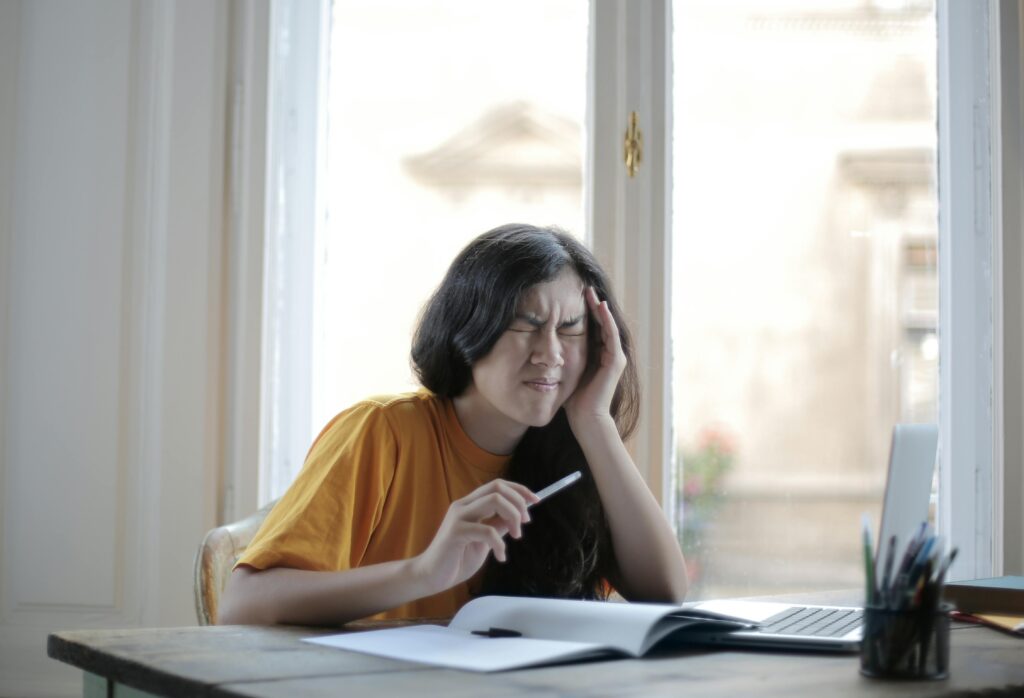
Individuals react to stressful situations in different ways. A situation that causes stress in one individual might not in another. When presented with the identical stressor, there is no discernible reason why one individual might feel less worried than another.
Let’s examine stress’s main causes and effects on our lives in order to better comprehend it:
Stress can have a number of negative effects on your health. The following are some typical signs to watch out for:
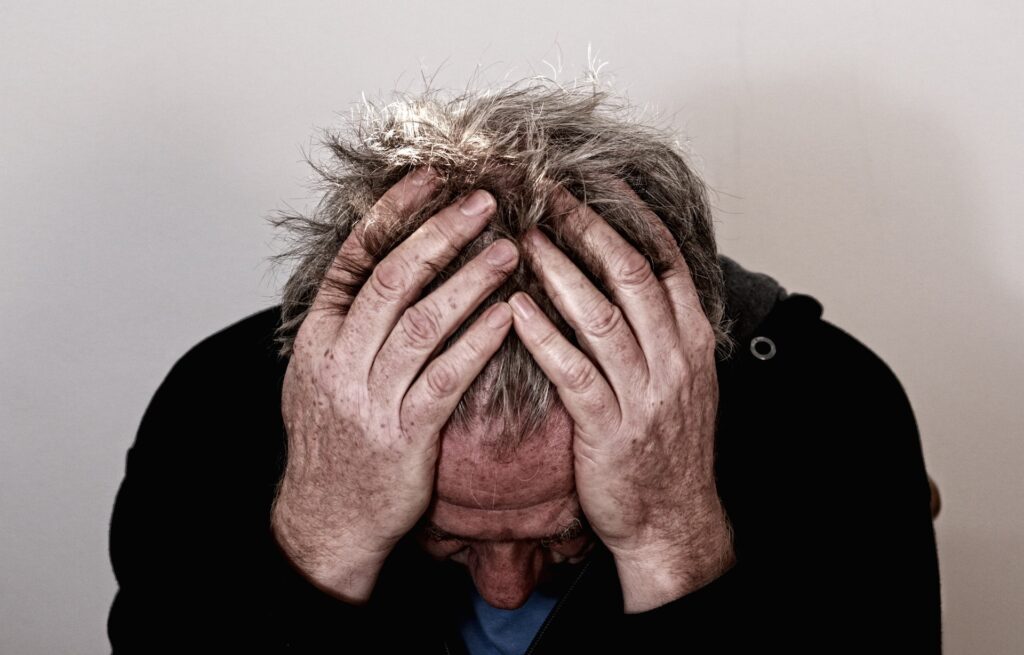
Stress can take many different forms, depending on its causes and consequences. This section discusses various forms of stress:
Acute stress is the outcome of your body’s response to something unfamiliar or challenging. It is a short-term mental health disorder that may manifest in the first month following a traumatic experience.
The autonomic nervous system is triggered by an acute stress response. As a result, blood pressure, breathing rate, and heart rate all rise due to elevated cortisol, adrenaline, and other hormone levels.
Acute stress that occurs frequently sometimes results in episodic acute stress. This can be the outcome of consistently strict deadlines at work.
We don’t have time to relax from this level of stress and get back to our comfortable lives. As a result, it often leaves us feeling as if we are moving from one crisis to the next.
Chronic stress may be caused by long-lasting stressors, such as recurrent arguments with your life partner or residing in a neighborhood with a high crime rate.
Chronic stress can lead to a state of imbalance in the body, keeping the HPA axis activated and levels of stress hormones high. Prolonged stress can weaken your immune system, increase blood pressure, cause irregular heartbeats, and increase your susceptibility to sickness.
The stress is corelated with Sahasa in Ayurveda. Sahasa increases the susceptibility of the body to various diseases by causing Ojaskhaya (loss of immunity).
In research and therapeutic contexts, assessing physical and mental wellbeing through the use of Ayurvedic dosha evaluation may prove to be a successful method.
Ayurveda states that our bodies’ stress levels are determined by three energies, or doshas: Vata, Pitta, and Kapha. These three energy levels (doshas) have a major impact on how much positive and negative stress is present in an individual’s body. The majority of people have a bi-doshic constitution (Vata-Pitta, Pitta-Kapha, or Vata-Kapha), according to Ayurvedic treatment for stress and anxiety. Their general mental health may be impacted by these doshas. Let’s examine these doshas and how they impact our psychological well-being:
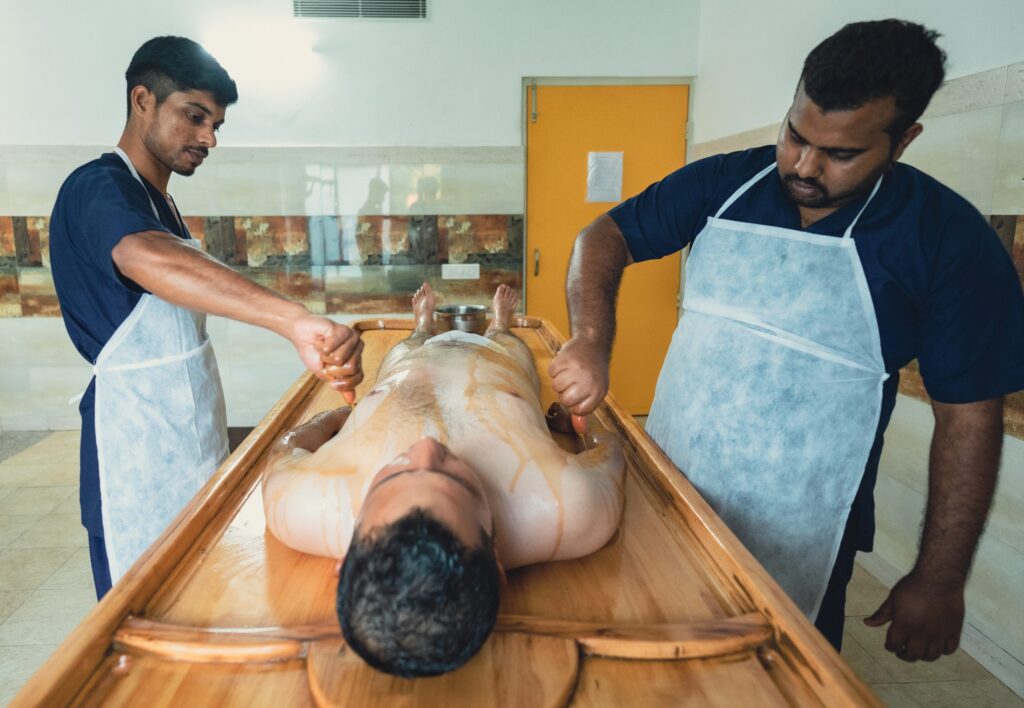
This dosha enhances our capacity for fast thinking, unlocks our inventiveness, and strengthens our intuitive abilities. Individuals who have a prominent Vata dosha may have unpleasant circumstances in their life. Vitiated Vata dosha can lead to increased worry, less awareness, increased rumination, and a lower quality of life.
Pitta dosha encourages self-assurance, competition, intelligence, and determination. As dosha levels rise, people may become more agitated, impatient, frustrated, or incompetent. Diarrhea, heartburn, sweating, and high blood pressure can also vitiate Pitta dosha in body.
The qualities of strength, stability, and dependability are attributed to kapha Dosha. In situations that are typically unpleasant, people with a dominant Kapha tend to be stubborn and resistant to change. Stress levels could rise as a result of this. People with a prominent Kapha dosha may experience stress in the form of lack of motivation, depression, fatigue, lethargy, and other symptoms.
Adding certain foods and spices to diet helps support the body’s natural balance and reduce stress. Ayurvedic food recommendations for stress management include:
Yoga is a traditional practice that aims to improve an individual’s physical, mental, emotional, and spiritual well-being.
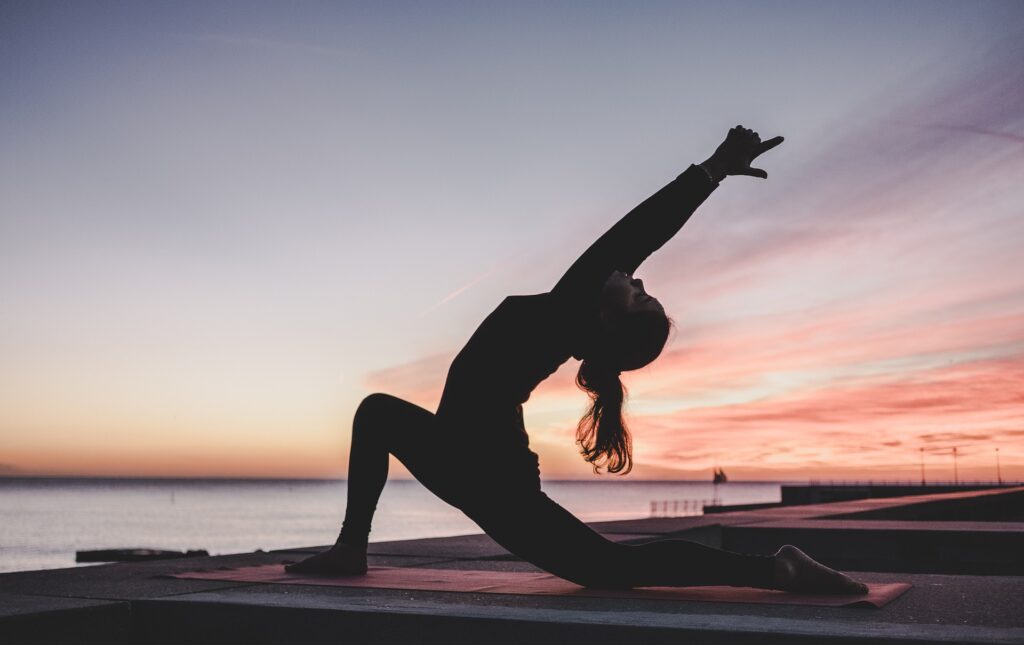
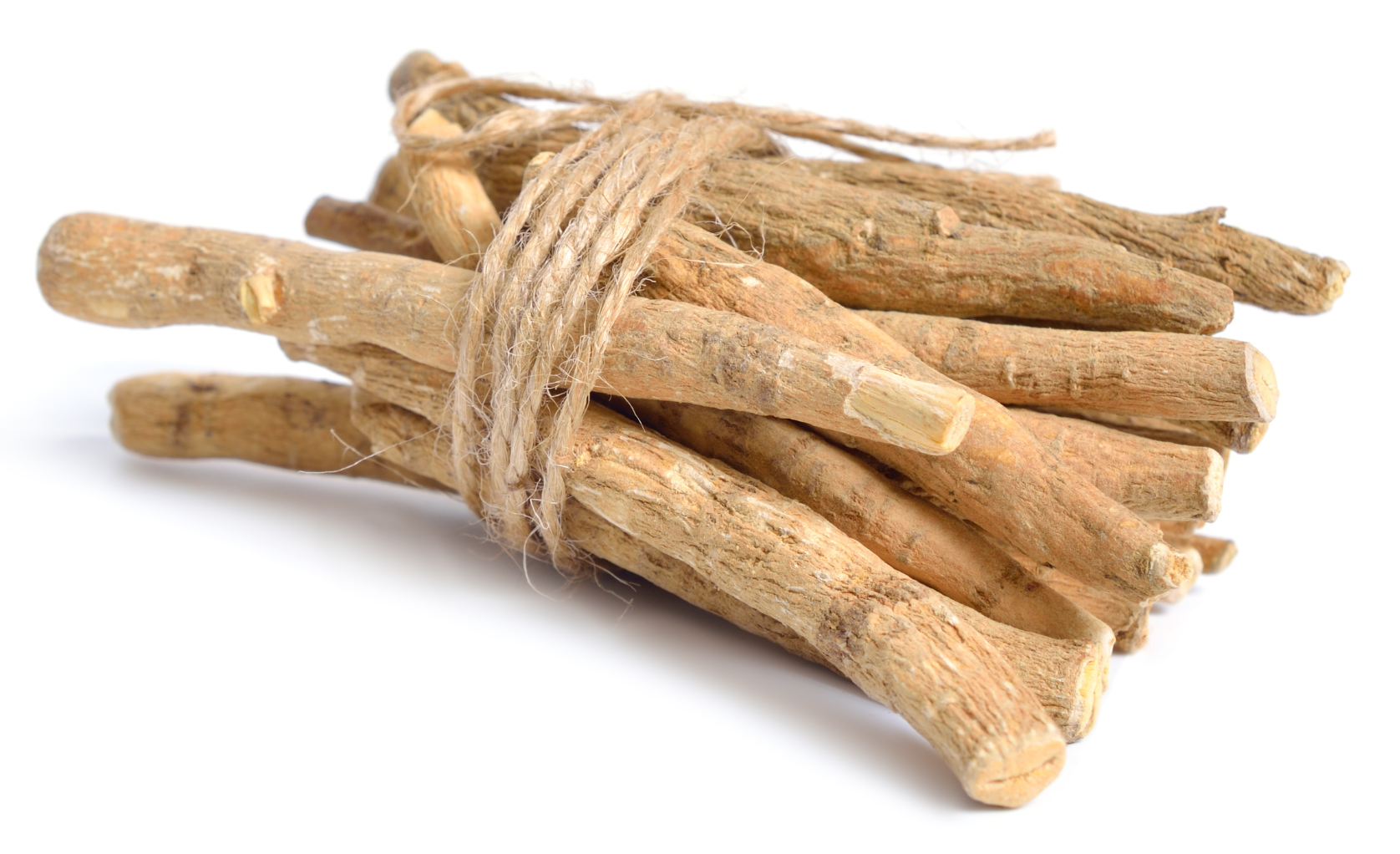
It has been used for centuries to treat stress and sleep issues. It's an ayurvedic herb that's often used in formulae meant to reduce cortisol, the stress hormone.
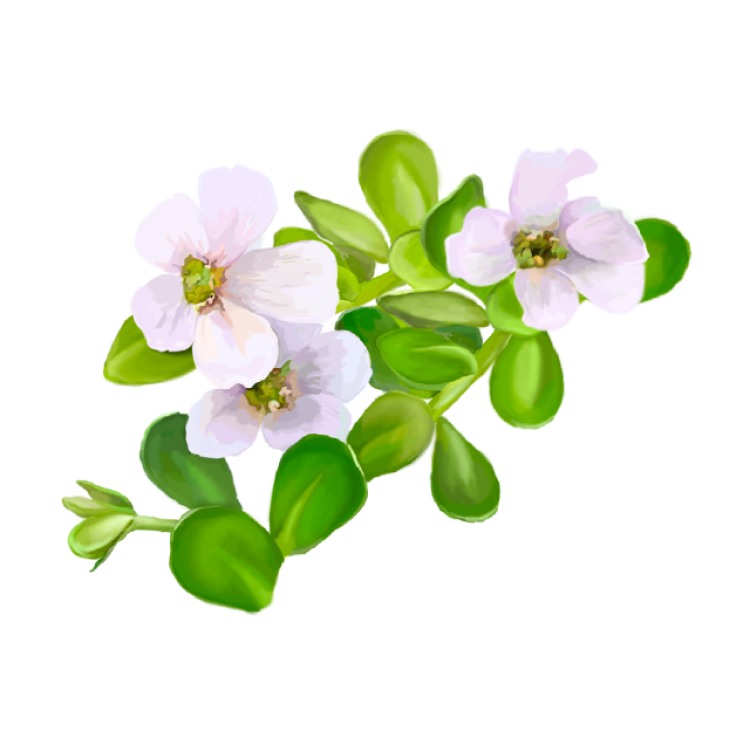
Brahmi is known to promote cognitive function and mental clarity. It promotes memory, focus, and general brain health while calming the mind.
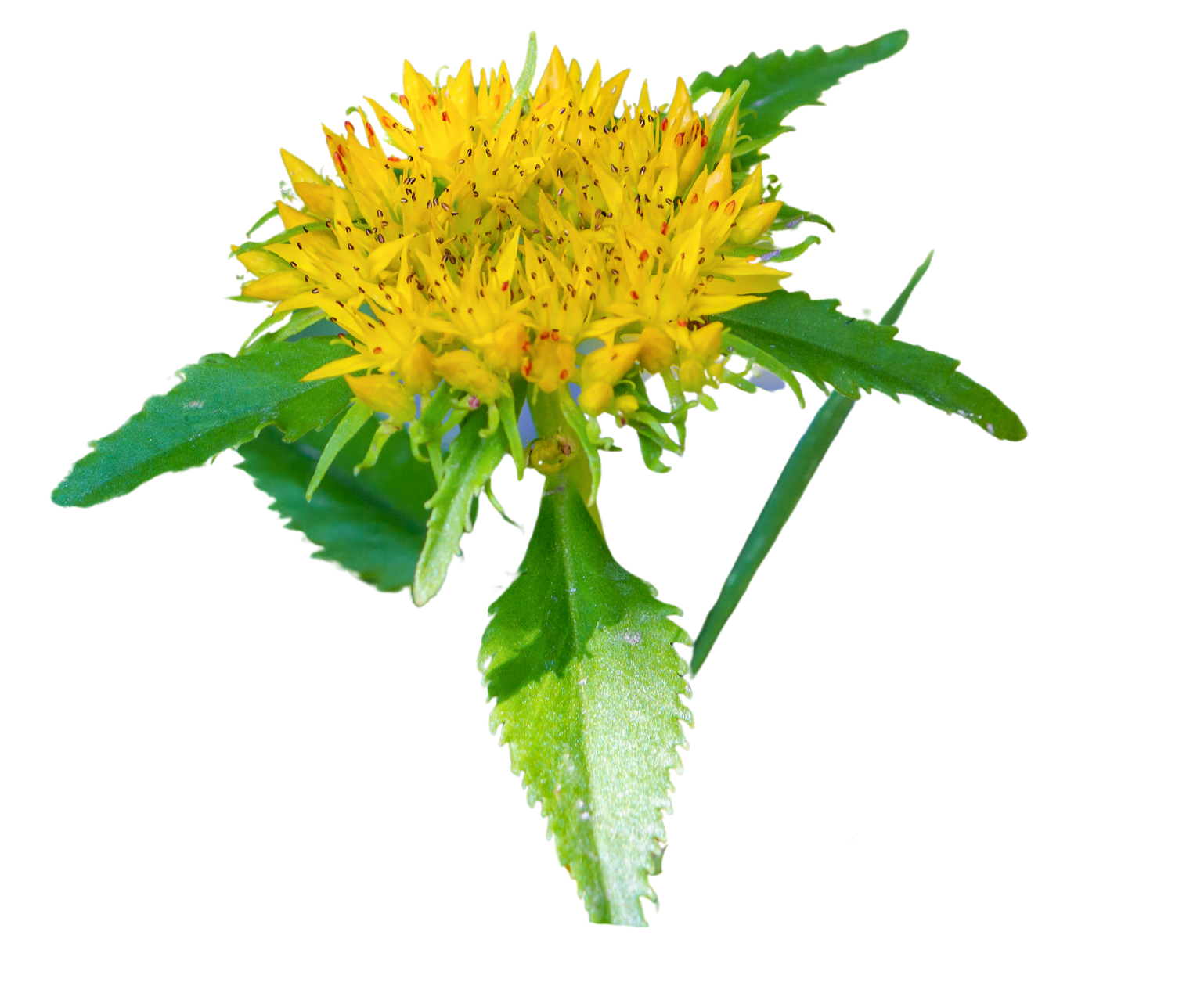
It is an adaptogen and with a long history of traditional use. It is used to manage physical symptoms of daily stress.
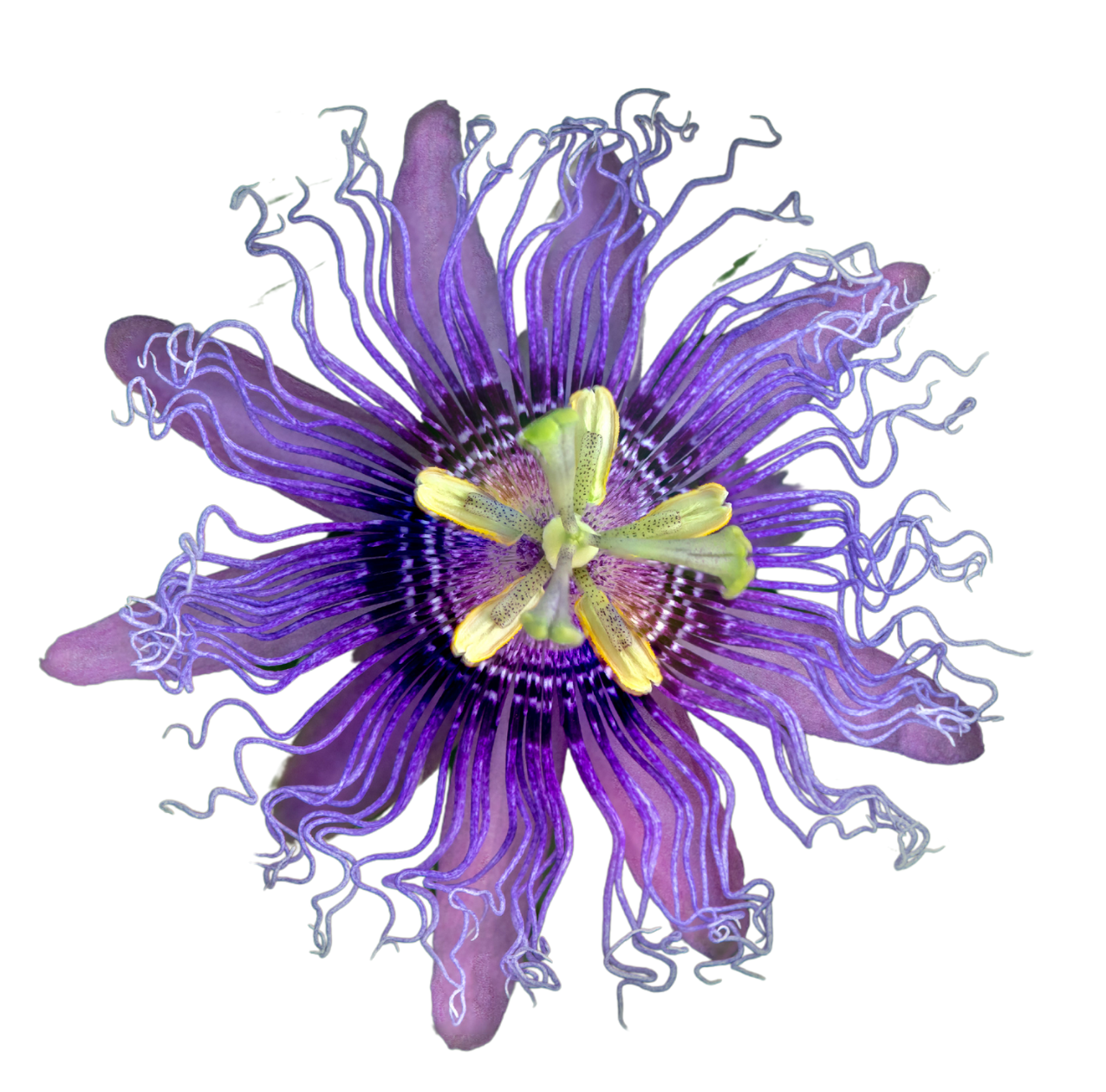
Due to its nervine and mildly sedative properties, traditional herbalists use this flowering herb extensively.
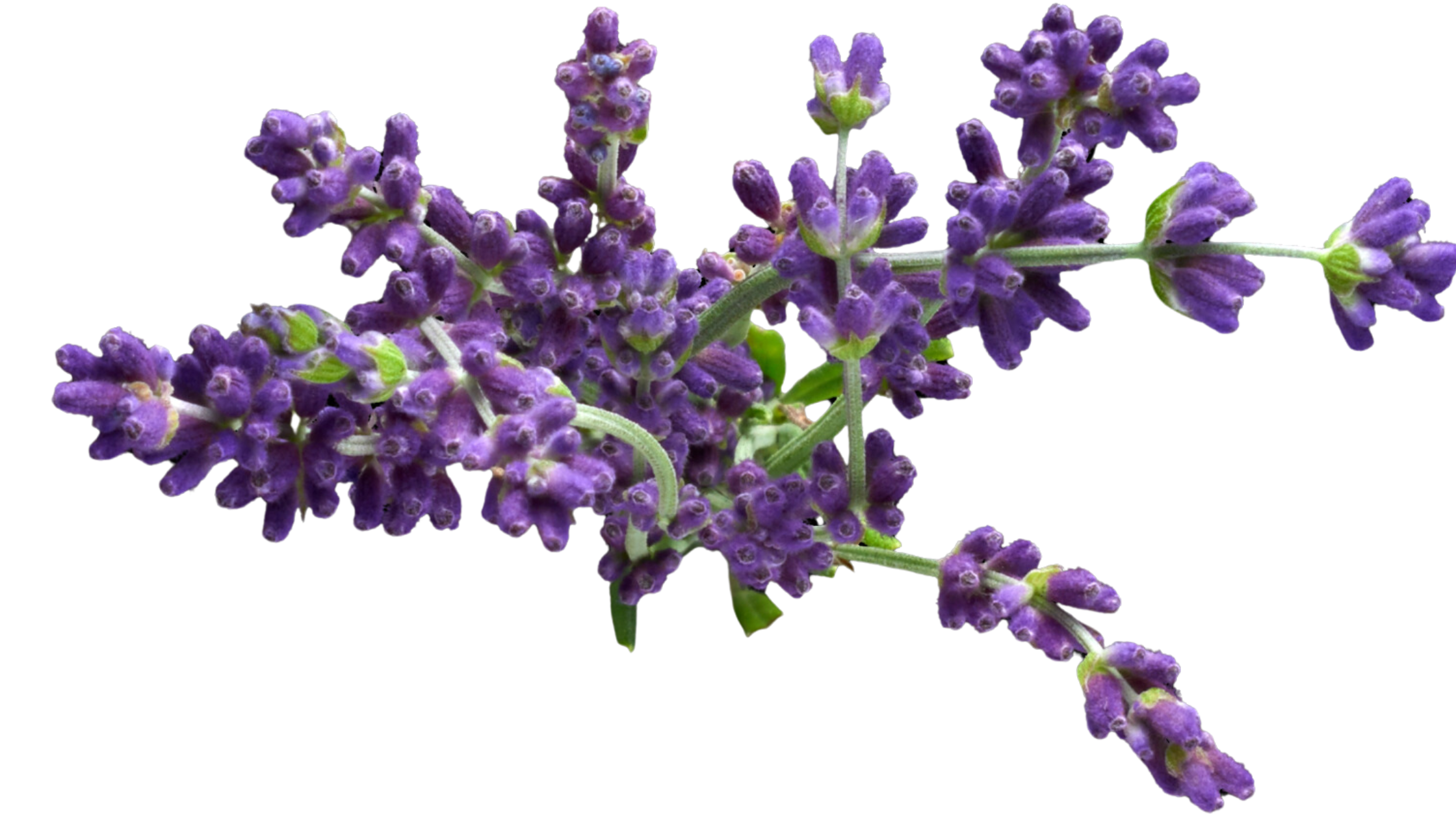
Lavender is often used by people to reduce anxiety and soothe nervous system.
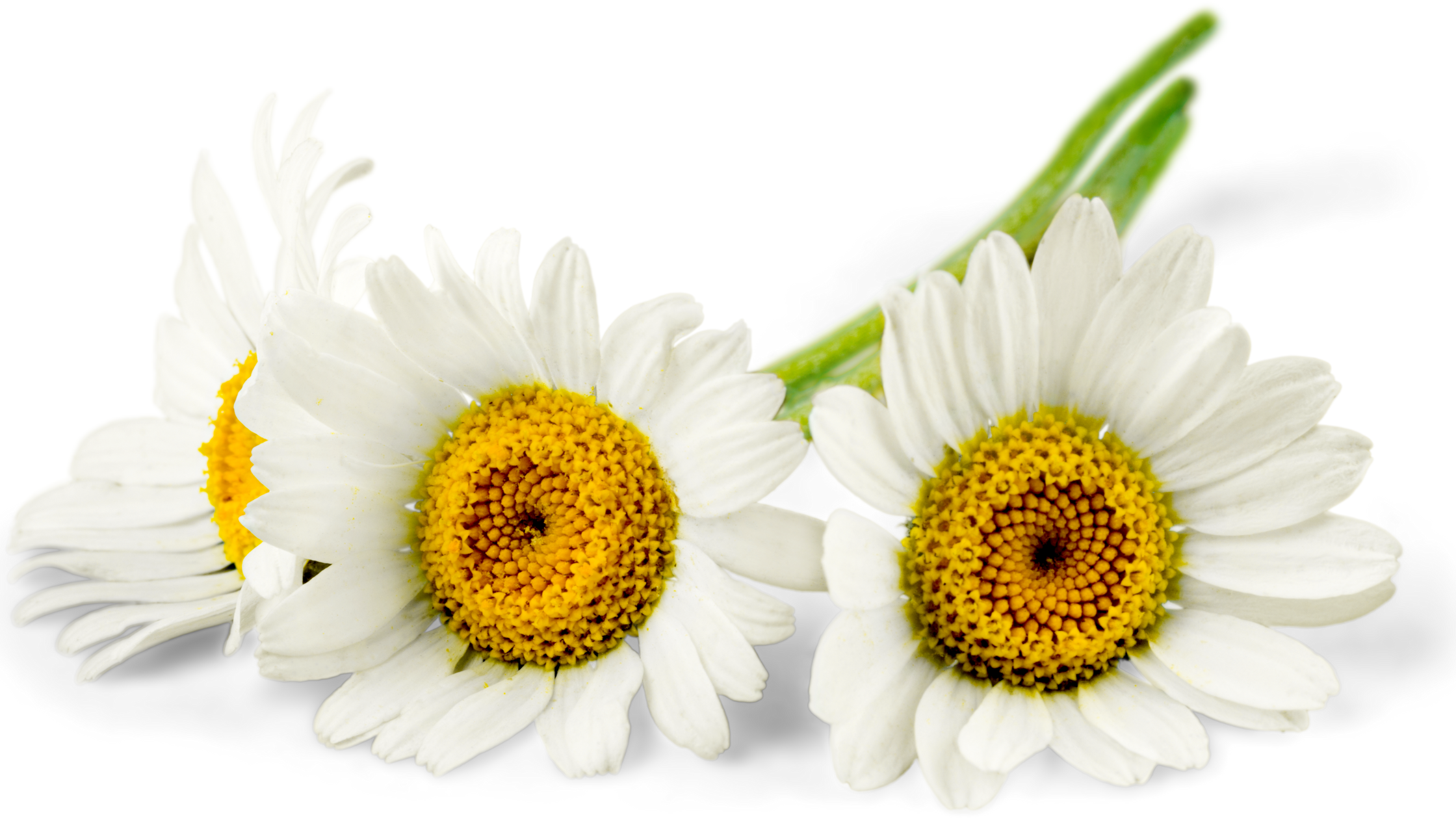
chamomile is well-known for its ability to lower anxiety. Before going to bed, have a cup of chamomile tea to help you relax and reduce sleep issues brought on by stress.
Vaidyaratnam Ayurvedic stress management has been proven to be one of the best treatments for stress. They have been treating stress-related problems for over a decade.
For fast and sustainable care, medical professionals at Vaidyaratnam implement time tested methods supported by clinical research. Throughout the stay at Vaidyaratnam campus, specific dietary recommendations and lifestyle adjustments will be put into practice to ensure longevity and well-being.
The therapeutic method used by Vaidyaratnam is based on the centuries of expertise that the Thaikkattu Mooss family has amassed through genuine Ayurvedic practice over many generations.
This along with the intuitive and devoted care of Ashtavaidyan, will help to achieve the most profound healing possible. Situated on a soothing hill amidst lush greenery, your stay in harmony with nature will channel the energies to reach the core of healing.
To restore normalcy, herbal remedies and Panchakarma techniques such as Abhyanga, Swedana, Shirodhara, and detoxification through Vamana or Virechana (under the stressful state of certain chronic diseases) should also be used.
Full body massage using warm, medicated oils is called Abhyanga. The calming effects of massage provide deep relaxation, improve circulation, calm the nervous system and reduce physical stress.
A steady stream of warm oil or herbal decoctions is gently applied to the forehead during the Shirodhara treatment. It aids in mental relaxation, relieves tension and anxiety.
In this therapy, warm herbal oil is put on head for about forty-five minutes to cool the nervous system and release stress.
Swedana involves steam treatments or sitting in a steam chamber. It eases stiffness, relaxes muscles, and opens up the body's channels to facilitates the release of toxins. To increase the efficacy of other Panchakarma procedures, Swedana can be added.
In Nasya, medicated oils or herbal concoctions are administered through the nasal passages. It relieves sinus congestion, enhances mental clarity, and reduces symptoms of stress including headaches and congestion. Nasya can help induce mental relaxation and have a relaxing impact on the mind.
Basti involves the administration of oils or herbal decoctions through the rectum. It is one of the most significant Panchakarma therapies to remove toxins from the body and balance the Doshas. Basti helps to alleviate symptoms associated with stress, support mental stability, and help regulate the nervous system.
The Thalapothichil method involves gently massaging the head with oil and applying a medicinal paste to the head. Thalapothichil is used to treat headaches, tension, stress, depression, strain, anxiety, insomnia, and mental exhaustion.
Pizhichil is a combination of two therapies Snehana and Swedhana. The major objective of this technique is to reduce tension and anxiety by using gentle strokes.
Welcome to Vrindavan Chikitsalayam, where ancient Ayurvedic wisdom meets modern wellness. Led by experienced practitioners, we offer personalized treatments rooted in authentic Ayurvedic principles. Our client-focused approach ensures you receive compassionate care and support throughout your wellness journey. Experience the transformative power of Ayurveda with us.




Ayurveda emphasizes herbal formulations, Yoga, Meditation, Pranayama, and Marma to improve mental health. Ayurveda helps to balance the vitiated Dosha and support mental health.
Ayurveda works well since it provides tailored strategies based on specific dosha types. To obtain individualized advice, it is advised to speak with an Ayurvedic physician.
Yes, Ayurvedic treatment can complement or enhance conventional treatments. It’s important to inform both your healthcare provider about any ongoing treatments.
Ayurveda’s holistic approach can provide relief from acute or chronic stress and anxiety. Herbal supplements, expert massages therapies, a sattvic diet, regular yoga and meditation practice, and specific breathing techniques are all part of Ayurveda’s stress-reduction regimen.
Natural herbs are used in Ayurvedic remedies for anxiety and stress. Because of this, they can be used without risk and are neither addictive nor habit-forming.

Vaidyaratnam Vrindavan Ayurveda Chikitsalayam 25 Acres Hospital Campus is Nestled in 250 Acres of Lush Green Forests
Shivalik Foothills Village
Thana, EPIP Phase 2, Baddi,
Himachal Pradesh
© 2025 All Rights Reserved.